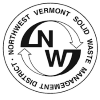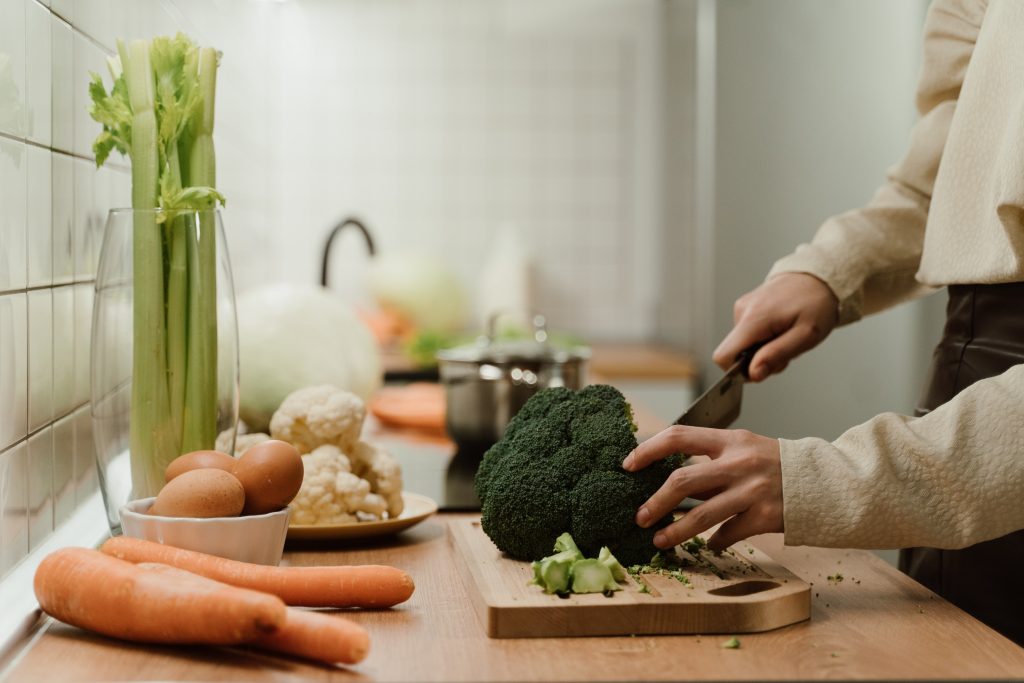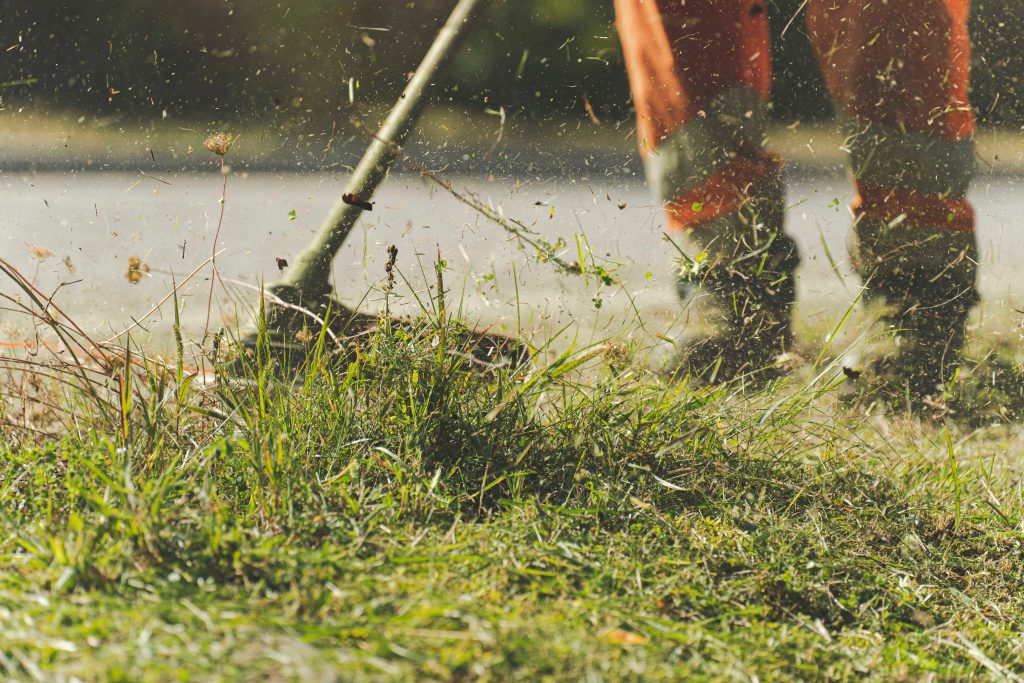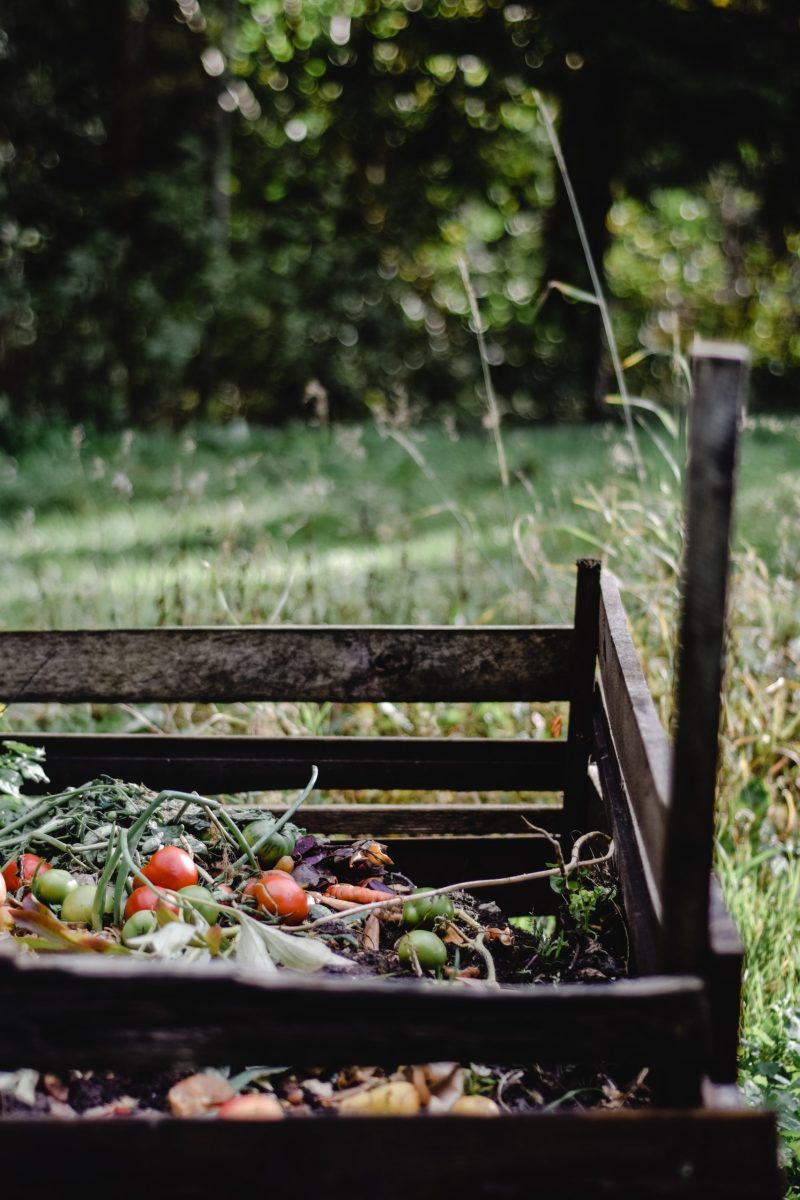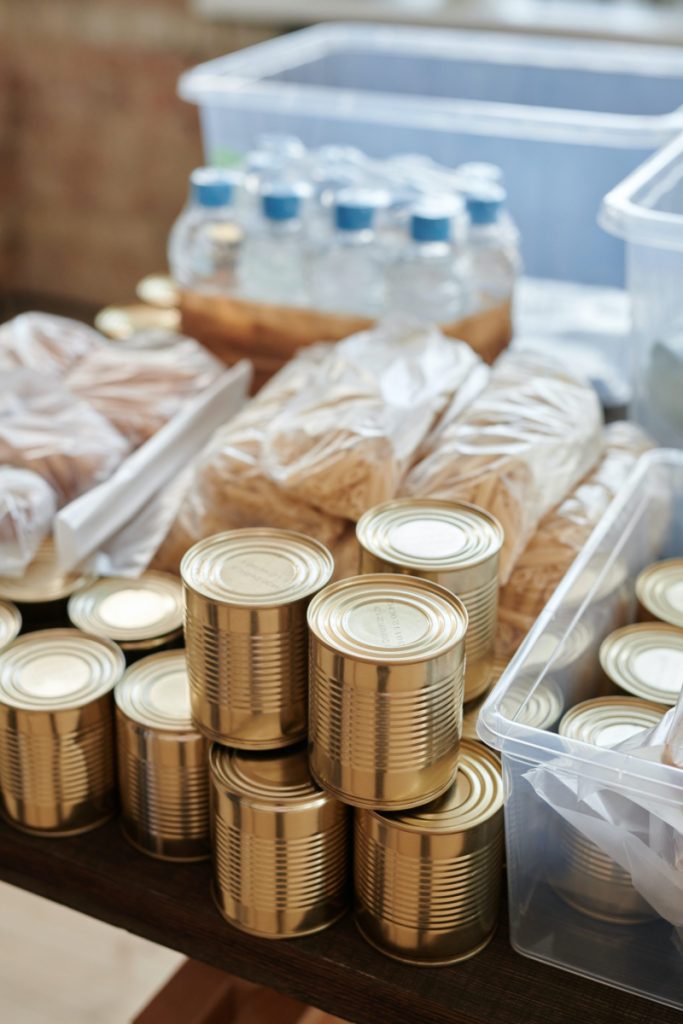Food scraps and yard debris make up ~30% of a typical Vermont family’s waste. At restaurants and cafeterias, food scraps can be over half of their waste. In 2020, Vermont state law banned all food scraps from the landfill.
Food scraps are parts of food items that are typically discarded rather than eaten. They include food that was not finished or leftovers that went bad. Any type of food can become scraps.
Yard debris include leaves, grass clippings, weeds, brush less than 1 inch in diameter, other compostable untreated vegetative (plant) matter.
Managing food waste in Northwest Vermont can be broken down into two categories: Composting and Food Donation.
